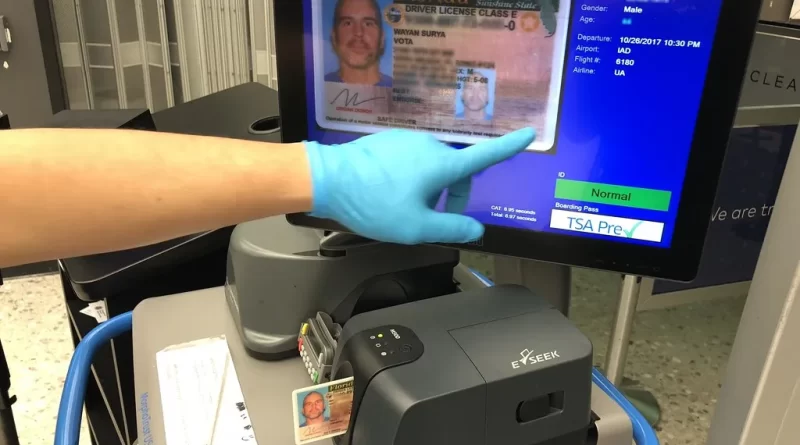The Future of Document Processing: Harnessing AI with MRZ Readers
Image Credit: flickr.com
In today’s fast-paced world, the need for efficient and secure document processing has never been more crucial. As businesses across various sectors strive for better customer service and operational efficiency, Machine Readable Zone (MRZ) readers have emerged as essential tools. With the integration of artificial intelligence (AI), these systems are revolutionizing the way we manage and authenticate documents, ensuring a seamless and secure experience for both businesses and their clients.
MRZ readers are designed to quickly and accurately extract data from identity documents like passports, visas, and national ID cards. Traditionally, this process involved manual entry, leading to human errors and delays that could frustrate customers. However, with AI-enabled MRZ reader, the speed of data processing has increased significantly. Advanced algorithms can read and interpret MRZ codes with remarkable precision, capturing essential information such as name, date of birth, nationality, and expiration dates within seconds.
One of the most significant advantages of using AI in MRZ readers is the enhancement of customer service quality. In industries where time is of the essence—such as travel, finance, and hospitality—swift document processing can greatly improve user experience. Businesses can now serve their clients better by reducing wait times at check-ins or during financial transactions. This not only elevates customer satisfaction but also builds trust and loyalty over time.
Moreover, security is a paramount concern in document handling. AI-powered MRZ readers provide robust security features by enabling on-premise data processing. This architecture ensures that sensitive personal information does not leave the organization’s secure environment, reducing the risks associated with data breaches and cyberattacks. By keeping data on-premise, businesses can maintain tighter control over their information, fulfilling regulatory requirements and safeguarding client data from unauthorized access.
Furthermore, one of the most critical functions of AI in MRZ readers is the ability to verify the authenticity of documents. Counterfeit identities have become a significant challenge across various sectors, leading to potential financial losses and reputational damage. AI algorithms can analyze various security features present in identity documents, such as holograms, barcodes, and watermarks. By cross-referencing this data AI can detect discrepancies, flagging potentially fraudulent documents before they are accepted.
In addition to fraud detection, AI capabilities also facilitate the continuous learning and improvement of MRZ readers. Through the use of machine learning, these systems can adapt and enhance their recognition and processing capabilities over time. When exposed to a vast array of documents, the AI can learn to identify new types of fraud patterns and improve its accuracy in reading diverse MRZ formats.
In conclusion, the integration of artificial intelligence with MRZ readers marks a significant advancement in document processing technology. By providing quick, secure, and reliable data extraction, these tools are transforming the landscape of customer service across multiple sectors. With enhanced capabilities for authenticating documents and protecting sensitive information, AI-driven MRZ readers are not just a technological necessity but a strategic advantage for forward-thinking businesses. As we move into an increasingly digital future, adopting these innovative solutions will be essential for maintaining competitiveness and ensuring customer trust.


